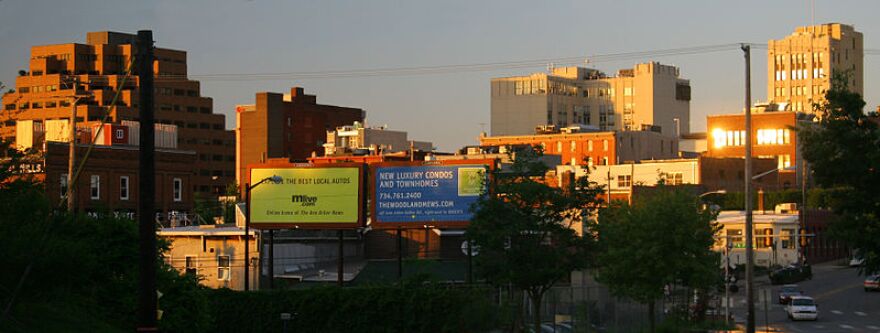"Something’s going to have to give,” says Liz Margolis, spokesperson for the Ann Arbor school district.
This fall, kids in Ann Arbor are coming back to schools with 34 fewer teaching positions, and nine fewer staff positions.
That means fewer reading intervention specialists, administrators, secretaries, facilities workers and lunchroom staff.

Carving out $8 million from this year’s budget was “severe,” says Margolis.
And it’s already having “direct impacts on our classroom."
Margolis says the district is trying to avoid overcrowded classrooms, "and if we do have to go beyond [what] contractual limits [allow,] then teachers have assistance in those classrooms."
"We are obviously trying to avoid [overcrowding,]” she says, “because that’s not good for the students, and it costs us more money.”
There is a silver lining: of the 220 pink slips that went out this summer, only two people have actually had to be let go.
That’s thanks in part to a slew of retirements and resignations, Margolis says.
For instance, she says lunchroom staff may have resigned after their hours were cut back.
In the long run, though, she says “we’re not seeing any relief.”
“We see mandatory pension rates rising every year. Right now, we are paying about 24% of every salary we pay into the state mandated pension plan,” she says.
Add to that a reduction in state funds, and Margolis predicts “we will be in a position, I think, to cut next year [too.]”
Still, Ann Arbor’s schools are some of the best in the state. And the past several years have seen far more devastating cuts in cities like Detroit and Flint.
The small district of Buena Vista went broke and is now dissolved.
Yet Margolis doesn’t want Ann Arbor’s budget woes to be shrugged off in comparison.
“I think a district like Ann Arbor could go into default. I mean, how is that going to happen when our fund equity balance is gone? We have $5 million left in that. What is that going to do?"
"We don’t ever want it to get to [bankruptcy,] ever. But we’re getting close, because of a lack of funding that’s happening across the state.”






